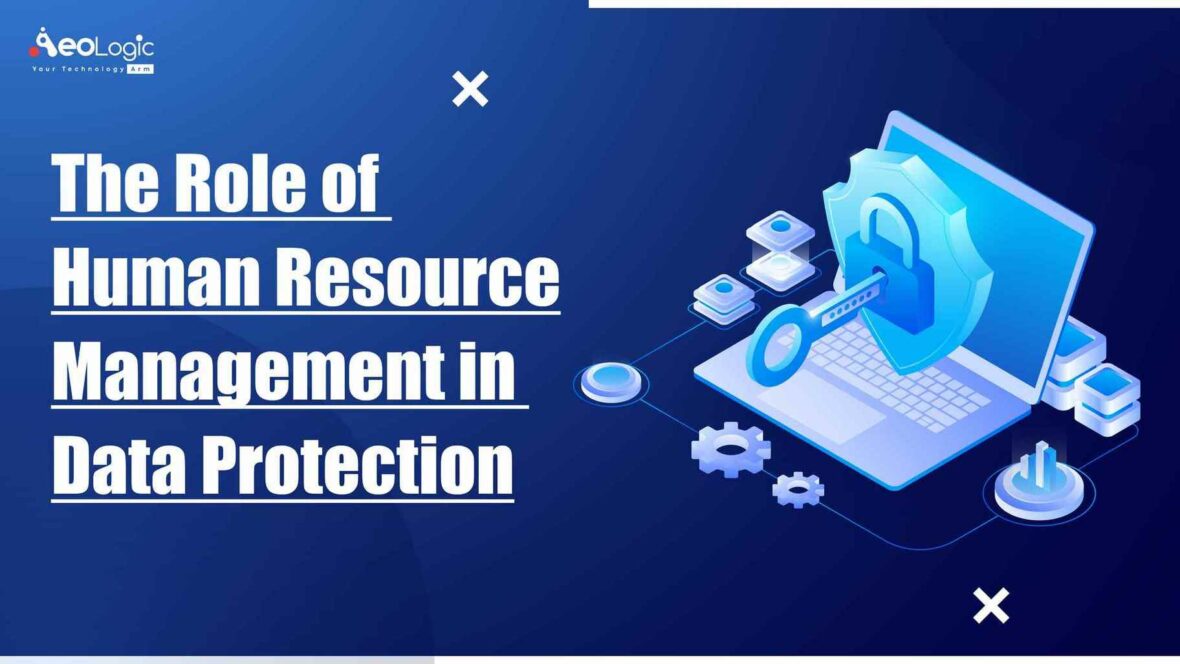Organizations are having a number of responsibilities to employees. Including how their personal data is protected and utilized. Therefore, the role of human resource management in data protection comes into the act. Financial information, social media accounts, employment history, and educational background are just a few examples of personal data that human resource management (HRM) is expected to keep secure. (https://artandhistory.org/)
However, it’s no secret that HR professionals have a broad range of important responsibilities. They’re tasked with grievance procedures and managing disciplinary, handling payroll, as well as actively managing and overseeing the resourcing strategies and company’s recruitment.
Nonetheless, the role of human resource management in data protection to protect company and employee data equally from a multitude of potential threats. Ranging from company negligence to cybersecurity breaches. If they are not able to do so, an identity theft lawyer could have a big clean-up job on their hands.
Also read: Top Technology Trends That Redefine Human Resource Management
HRM Advancement
Subsequently, HR specialists handle a high volume of sensitive corporate information including details of employees’ personal information and salary. Access to the right data at the right time will be enabling the democratization of analytics. Hence, this is implying that HR team members can gain insights and inform business decisions across their functions. This can include everything from hiring and retention statistics to diversity, equality, and inclusion efforts in a company.
Yet, the volume and type of data related to HR is incredibly sensitive. Thus, the role of human resource management in data protection is ideal position to help implement data protection measures.
Protecting HR data
In today’s digitised world, it is almost impossible to work without advanced technology. While this digitization has enhanced processes and the sharing of information. It is also making it easier for bad actors to exploit businesses with poor cyber security hygiene.
Instilling transparency: In order to add a layer of security, companies should be actively monitoring the available data and its usage. With insight into the whole analysis pipeline, auditing processes are made easier for regulatory requirements.

Fostering security policies: Every department, involving human resources, is responsible for implementing organizational security policies to protect the business, its customers, and its employees from a variety of risks.
Building an Inside-Out Culture of Security
The role of human resources in policy formulation and execution starts with recruitment. Additionally, recruitment staff is requiring to have a code of conduct to follow during the process.
Thereby, protecting employee data and setting up firewalls: Not only it is the role of human resource management in data protection responsible for the storage and analysis of employee records. However, they must be ensuring that all sensitive information is safeguarded from unauthorized access. And only shared with the appropriate people within the organization by employing measures such as authorisation, authentication, and encryption. Therefore, running audit checks on previous uses of this data can also help in strengthening the security wall.
Promoting a culture of data security: Forming a strong cyber security culture into the DNA of a company. The HR management should be willing to demonstrate to employees the significance of cyber security to the organization. This will instill a feeling of accountability and responsibility in each and every employee.
Also read: The Role of Human Resources in Business Continuity Planning
Conclusion
The role of human resource management in data protection plays a significant part in educating its employees about how to properly handle data. This involves making a strong awareness program to emphasize how staff behavior can facilitate building a culture of security within an organization. Therefore, businesses must know that the administrators are responsible for data recording and analysis. As well as human resource managers are both accountable for retaining employee trust and working to ensure data protection.
Contact us to know more!
FAQs
What is the role of HR in information security?
Along with information security, HR is increasingly called upon to determine and enforce employee data permissions, and train and implement cybersecurity policies and procedures. And thus, helping to respond to cyber events involving employees.
What are the 4 major characteristics of human resource management?
Following are the 4 major characteristics of human resource management are:
- Planning
- Organizing
- Directing
- Controlling






